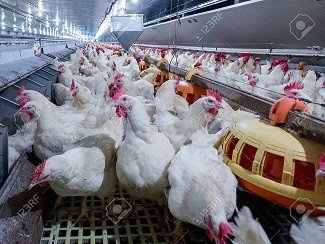VST Tillers launches 30 HP compact tractor
The Company claims to be first to launch the 30 HP tractor in the compact tractor segment
VST Tillers Tractors, pioneers in manufacturing of tillers and compact tractors for over five decades, has launched “VST SHAKTI MT 932”, the First Company to launch the 30 HP tractor in the compact tractor segment. The product comes with a tagline “30 Hai to Smart Hai” which comes with 30 plus features that brings smart farming to crops. The New Generation 30 HP “VST SHAKTI MT 932” comes with smart features which offers a combination of Performance, Comfort and efficiency which makes it unique from the others and stand ahead of the competition.
With this 30 HP Launch, the company demonstrated, it’s undeterred commitment towards offering innovative Quality products to help farmers increasing the productivity. CEO of VST, Antony Cherukara Spoke and informed VST offers products starting from 17 HP to 30 HP in the compact tractor segment. The new launch comes with a 2 Year standard warranty and possibility for extended warranty of 3 Years, which makes it more attractive to farming community. Antony also expressed that the compact tractor segment continues to be the major forte for VST and is expected to launch more models in the next 12 months. A new generation of tractors in the compact segment is being developed with more back up torque and various other first time features for the segment.
“VST Tillers Tractors, as one of the leaders in the Indian Compact tractor market, have always been at the forefront of introducing the latest technologies and the new “VST SHAKTI MT 932” is one more step in that direction. By providing lifting capacity of 1250 Kgs, MID PTO [Only compact tractor to offer], Compatible to work with imported sprayer, and comfort features like Heat Guard, Adjustable seat, Sharp clear display, Semi flat form and many more unique features makes its one of the most productive tractors in the compact segment today; The product is developed to meet the evolving demands of the modern farmers and Definitely a smart choice for the modern farmer.
The Company claims to be first to














